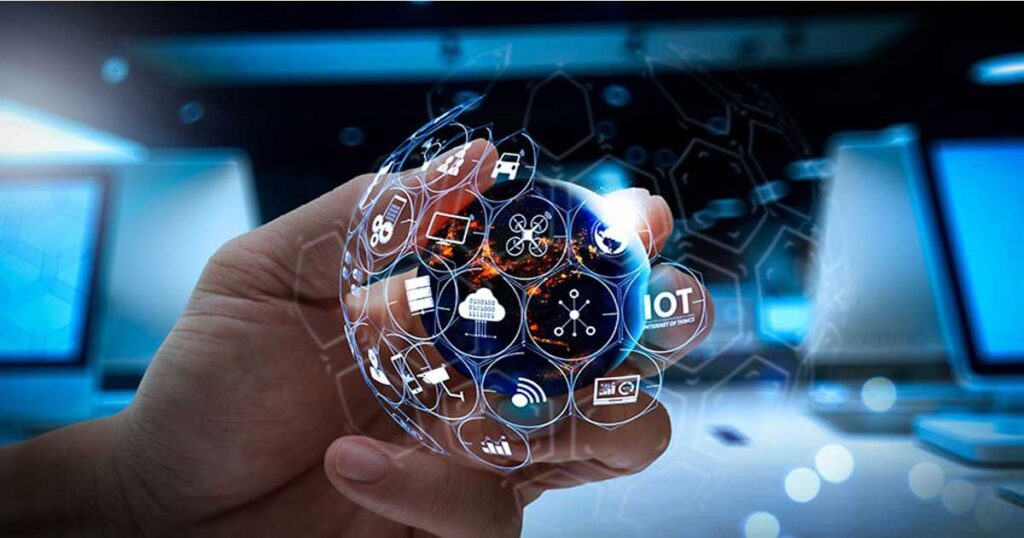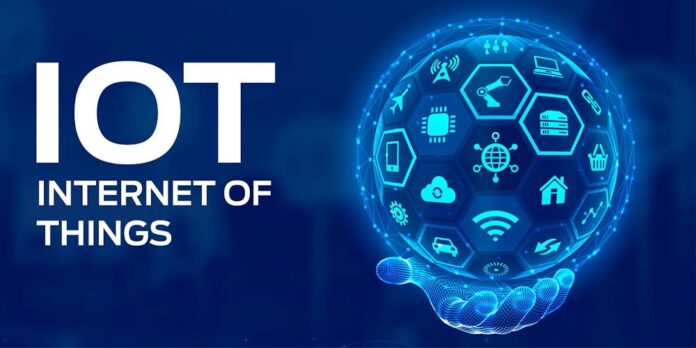Introduction
The world we live in today is becoming increasingly interconnected, thanks to the Internet of Things (IoT). The IoT refers to a vast network of devices, objects, and systems that are connected to the internet, enabling them to collect and exchange data. From smart homes and wearable devices to industrial machinery and infrastructure, the IoT is revolutionizing the way we interact with the world around us. In this article, we will explore the concept of the IoT, its applications in various sectors, and its impact on our lives.
Understanding the Internet of Things
At its core, the IoT is built upon the idea of connecting everyday objects to the internet, allowing them to communicate and share data seamlessly. These objects, commonly referred to as “smart devices,” can range from simple sensors and actuators to complex machines with embedded software and connectivity. By harnessing the power of connectivity, the IoT enables these devices to gather and analyze data, make intelligent decisions, and perform tasks autonomously.
Applications of the Internet of Things
Smart Homes: IoT devices have transformed our homes into intelligent living spaces. From thermostats and lighting systems to security cameras and appliances, smart homes are equipped with interconnected devices that can be controlled remotely. They enhance convenience, energy efficiency, and security, providing users with greater control and automation over their living environment.
Healthcare: The IoT has revolutionized healthcare by enabling remote patient monitoring, wearable health devices, and smart medical equipment. These technologies allow healthcare providers to gather real-time data about patients’ vital signs, medication adherence, and overall well-being. This data can be analyzed to provide personalized care, early disease detection, and efficient emergency response.

Transportation: The IoT is reshaping the transportation sector through innovations such as smart cars, connected infrastructure, and intelligent traffic management systems. Connected vehicles can communicate with each other and with the surrounding infrastructure, optimizing traffic flow, reducing accidents, and improving fuel efficiency. Moreover, IoT-enabled logistics and fleet management systems streamline operations, reducing costs and enhancing overall efficiency.
Industrial Automation: IoT plays a pivotal role in industrial settings, facilitating the concept of Industry 4.0. Connected sensors, robotics, and machinery enable real-time monitoring and predictive maintenance, optimizing production processes and reducing downtime. The IoT also empowers manufacturers with valuable insights for better decision-making, supply chain optimization, and quality control.
Agriculture: The IoT has tremendous potential in the agricultural sector. Smart farming techniques leverage IoT devices to monitor soil moisture, weather conditions, and crop health. This data helps farmers make informed decisions about irrigation, fertilization, and pest control, leading to improved yields, resource efficiency, and sustainability.
Challenges and Future Outlook
While the IoT brings countless opportunities, it also presents several challenges. Security and privacy concerns are at the forefront, as a vast network of interconnected devices increases the potential for cyber threats and data breaches. Standardization, interoperability, and scalability are other hurdles that need to be addressed to ensure seamless integration of devices and systems.
Looking ahead, the future of the IoT holds immense promise. As technology continues to advance, we can expect even more sophisticated applications and widespread adoption. The growth of 5G networks will provide faster and more reliable connectivity, facilitating the proliferation of IoT devices. Edge computing, artificial intelligence, and blockchain will further enhance the capabilities of the IoT, enabling real-time decision-making, advanced analytics, and secure transactions.
Conclusion
The Internet of Things is revolutionizing the way we live, work, and interact with the world. By connecting everyday objects and systems, the IoT empowers us with unprecedented levels of convenience, efficiency, and intelligence. From smart homes to connected cars, healthcare to agriculture, the IoT is transforming industries and shaping our future. As we move forward, it is crucial to address the challenges and embrace the opportunities presented by the IoT to create a connected world that is secure, sustainable, and beneficial for all.

